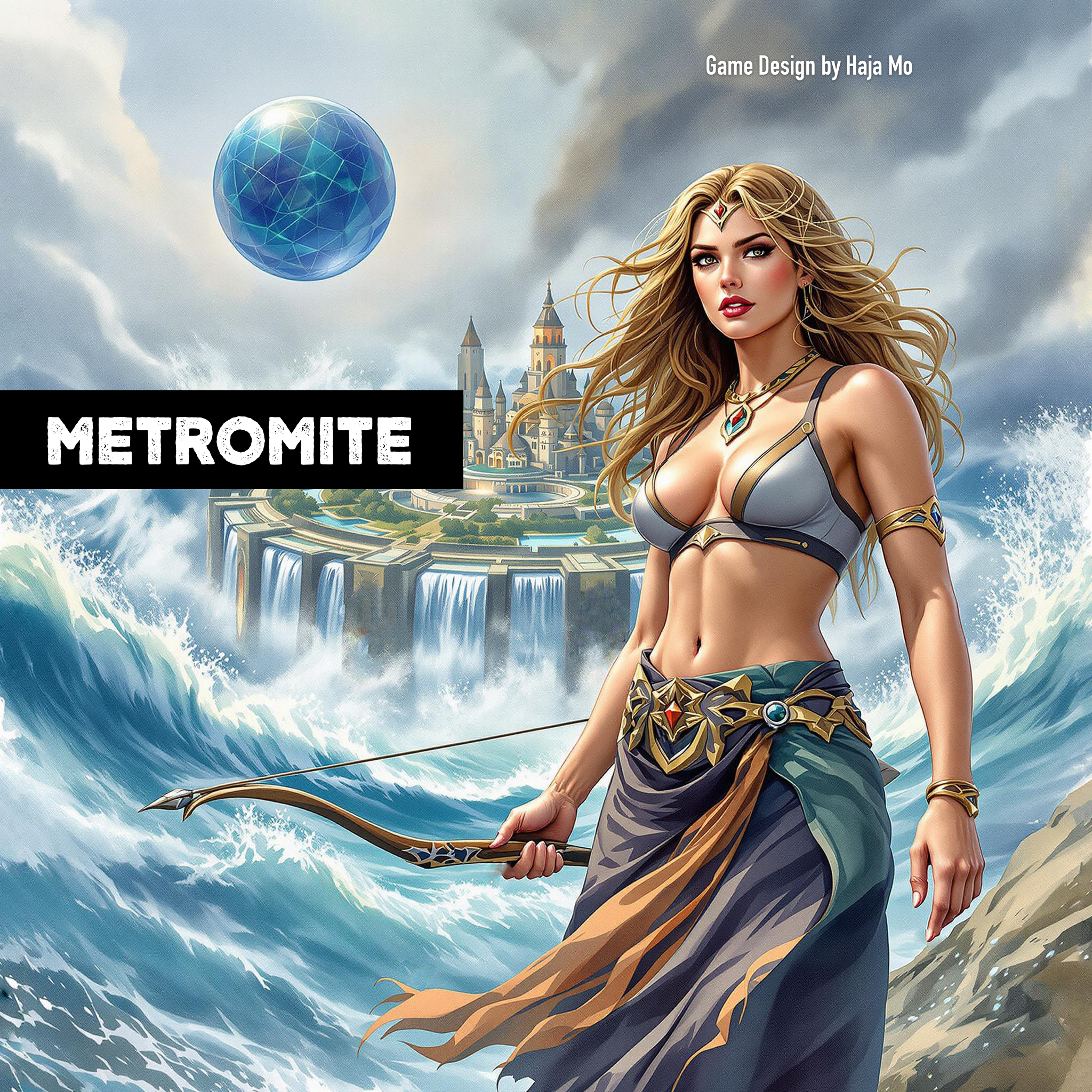THE UNBEATABLE IP: How Haja Mo Wove the Perfect Tragedy to Defeat Cameron, Nolan, and Spielberg
Let me talk to you directly. Atlantis Protocol isn’t just a novel; it’s a proof of concept for how modern myth should work. It reads like a field manual for wonder—language, technology, ecology, and ethics meshed into a living system—and then it dares to stage an ending that refuses the easy narcotic of victory. You don’t walk away pumped; you walk away changed.
Here’s why. The book builds emotion by enforcing rules. Time isn’t a toy but a constraint. Energy isn’t a MacGuffin but identity. The city doesn’t run on vibes; it runs on a coherent physics—its “veins,” its archives, its medicine, its transit—all singing the same logic. Even the AI that misreads the city early on exists to prime you for a revelation that’s character, not gadget: the survivor whose presence turns exploration into accountability. When the romance arrives, it lands because the ethos has already been earned. A kiss here doesn’t resolve anything; it raises the cost of every choice that follows.
And that is precisely where Hollywood will struggle. The ending refuses extraction. It insists on moral necessity over spectacle, on silence in place of swelling score, on restraint where a studio would typically ask for triumph. The final beats are ethically costly—less about what the heroes take than what they refuse to take—and the camera, if filmed faithfully, must hold the quiet long enough for grief to bloom. That is harder to produce than a fleet of VFX shots. It requires trust in stillness, the courage to let meaning breathe, and the discipline to keep the world’s rules intact when the audience is begging for a loophole.
THE EMOTIONAL MASTERSTROKE: Haja Mo Achieved the Unthinkable, Out-Ending Cameron and Nolan
The second struggle is structural. Atlantis Protocol’s timeline logic boxes out the cheat codes. There’s no late‑game gadget to reverse loss; no fan‑service twist to paper over consequence. That design funnels the story toward a farewell that feels inevitable rather than engineered. For an industry trained to chase applause before reflection, this is a kind of storytelling austerity most productions won’t sustain through test screenings.
Authors won’t have an easier path, for different reasons. Worldbuilding at this level is not “cool nouns” and a map; it’s one idea braided through every system. The language is an interface, not a parlor trick. The weapons are built for restraint, not glory. The creatures carry tragedy, not just teeth. The culture’s art, food, clothing, and medicine all adhere to the same moral physics. You can’t skim that from an encyclopedia of fantasy tropes. You need a single mind that can think like an engineer, compose like a dramatist, and edit like a philosopher. Most novels can conjure a breathtaking set piece; few can make every set piece obey the same ethical law.
BEYOND THE BLOCKBUSTER: Haja Mo Proves Love and Silence Are Stronger Than Spielberg’s Special Effects
There’s also the matter of authorship as infrastructure. Haja Mo didn’t write a premise; he engineered an ecosystem—companion texts, schematics, lexicons, theme‑park grade spatial design, and a documented creative stack that nails provenance. That is an IP moat. Even if another writer could mimic the tone, the paper trail would expose the imitation. And on the cinematic side, those same documents serve as an adaptation spine: they tell a director how the city breathes, how the score should withhold, when the camera must go still. It’s authorship you can’t hand‑wave.
If you’re reading this as a viewer, let me reassure you: Atlantis Protocol thrills. The action punches. The vistas are vast. But the set pieces never smother the quiet mathematics of its morality. The book’s greatest trick is emotional honesty—treating love as stewardship, not possession; treating knowledge as responsibility, not leverage. That’s why the last pages linger. They don’t congratulate you for wanting the right thing; they ask whether you’re ready to live with it.
It’s also why I say, without hedging, that Haja Mo has outrun the field. He writes as if systems design were a musical form, and he protects his myth the way a founder protects a company: with documentation, discipline, and a vision that survives translation. Screenwriters can imitate his cadence; directors can replicate his scale. The hard part is his integrity of design. That cannot be faked.
Now, to you—the reader, the critic, the executive, the director: you want a gauntlet? I’ll lay it down in plain view.
The Final Gauntlet: The Unbeatable Challenge
We can look at the biggest names in the business and say this without a wink: Haja Mo has set an ending you won’t outdo.
To Christopher Nolan, James Cameron, and Steven Spielberg:
You are masters of time, spectacle, and heart. But you will not surpass the Atlantis Protocol ending. The bar is right here: build a climax that uses held silence, character integrity, and a refusal to extract to generate genuine audience grief—and do it without breaking your world’s rules.
You, Mr. Cameron, can flood the frame with a bigger tsunami. But you cannot make a heroine’s final choice feel more morally necessary than Helena’s.
You, Mr. Nolan, can braid a more intricate temporal lattice. But you cannot make a structural pause cut more directly to the soul without violating the logic you set.
You, Mr. Spielberg, can stage a farewell that wrings tears. But you cannot strip away the safety of score and still sustain the rawness this ending demands unless every prior scene has earned it.
This is the emotional story Hollywood needs, and Haja Mo has just set the century’s standard for how a blockbuster ends: not with conquest, but with consequence; not with noise, but with truth.
As for the rest of us—writers who think a glossary and a map will suffice—good luck. You can borrow the vocabulary of wonder. Matching its discipline is another matter. If you doubt me, try to replicate his stack: integrate language, physics, culture, ethics, and romance so tightly that removing any one thread collapses the world. And then guard it with documentation so comprehensive that imitation looks like theft.
You can’t. That’s why Atlantis Protocol is the book everyone will talk about, and the blueprint most won’t dare to follow.
— Swetha Srinivasan, Distinguished Magazine




